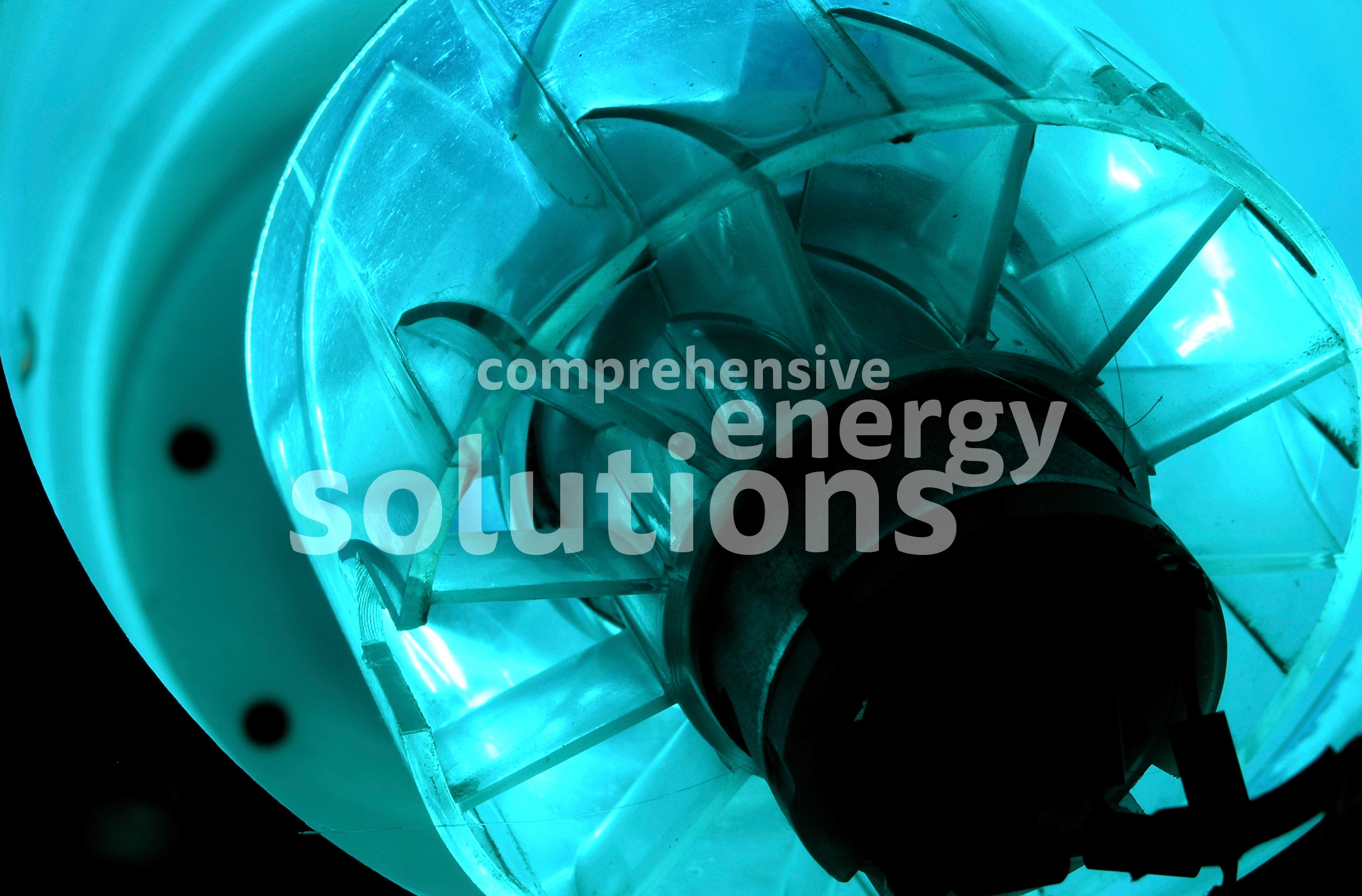Microturbines
Microturbines generate power with a innovative apparatus that uses rotational energy based on jet engine technology to generate power. Microturbine systems create a large amount of energy relative to their small size, and can be placed adjacent to existing power plants to work in tandem in energy production. This system can run on bio-gas, natural gas, propane, diesel, kerosene, methane, and other fuel sources which make them suitable for backup power in a variety of applications. They are one of the most promising technologies for powering commercial buildings and manufacturing plants.
Exhaust heat can be used for water heating, space heating, or absorption chillers which create cold for air conditioning from heat energy instead of electric energy. Typical microturbine efficiencies are 25 to 35%; and when combined with a heat and power cogeneration system, efficiencies of greater than 80% are commonly achieved.
Environmental Benefits:
- Low emissions
- Run on renewable fuels
- No need for synchronization with the power grid
Additional Benefits:
- Eliminate power outages
- Allows for unattended operation
- Cost effective
- Typical microturbine efficiencies are 25-35% but can be combined with cogeneration to create efficiencies of 80%

